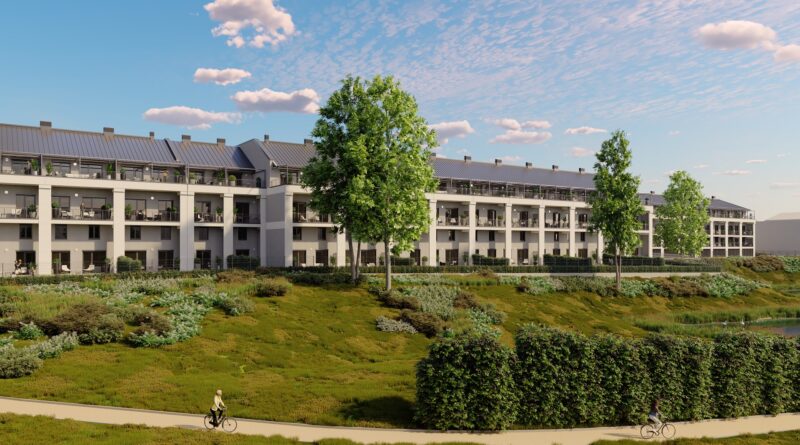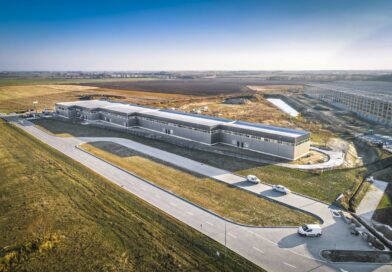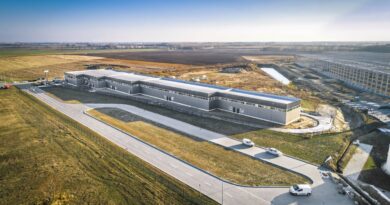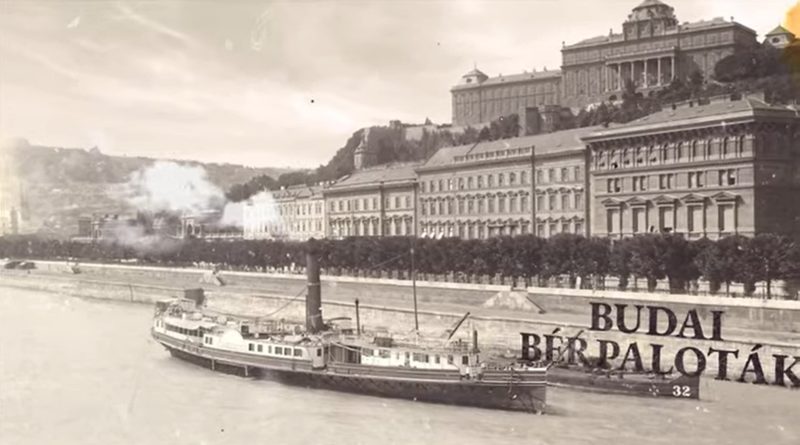On the Road to Recovery
“Buying prime properties at opportunistic prices is very difficult if not impossible in Central Eastern Europe (CEE)” – said Tim O’ Sullivan, Head of Capital Markets of CB Richard Ellis (CBRE) at the company’s 4thannual Property Investment Breakfast.
“Potential investors need to adjust their pricing expectations, as vendors are clearly under less pressure than earlier forecast. This might be the consequence of loose monetary conditions with significantly lower interest rates than what the markets are used to after such financial crises.” – added Andreas Ridder, CEE Chairman of CBRE. With the CEE economies not crumbling and especially with Poland showing positive GDP growth, the investment markets across the region are turning more positive. A clear sign of this change in sentiment is the 25 bps move of prime yields for shopping centres in Warsaw, Budapest and Bucharest this quarter.
“The worst could be avoided – stated Gábor Borbély, Senior Analys at CBRE Budapest. “Monetary crisis did not happen in Hungary, and all indicators suggest that investors’ confidence is returning to the country. Current risk lies rather outside of the border, as country risk premiums for Greece or Portugal are steadily increasing. Assuming restored monetary stability in the Eurozone, investors’ appetite is slowly recovering for commercial properties.”
Poland is increasingly classified as a Western European country when it comes to real estate. Although yields have not started to compress for offices, interest is increasing for core, prime assets in the capital. CB Richard Ellis recently advised on the largest office transaction in Poland in 2010: Horizon Plaza Office Complex was sold in the heart of Warsaw. “Czech Republic is also doing well; an office building in a quite non-central location of Prague was sold. Slovak Republic and Hungary will be the next for investors to make deals, whereas Romania or Russia are still struggling to show any progress. The region is split in two.” – summarized Andreas Ridder.
The range of investors has become much wider in the region – conservative investors seek prime assets at core locations, whereas opportunistic investors leverage on their local knowledge. There are also players who try to fill the gap between core and opportunistic transactions. “The pricing is sensible as all the parties (including banks and valuers) are cautious. Prime assets won’t trade at opportunistic yield. Investors with such return expectations need to stretch for riskier products” – commented O’Sullivan on the potential buyers in Hungary. “Someone will have to make a ’statement’ acquisition which will be benchmark for all other players in the region.”
In Budapest all market segments are challenged by the same questions, such as high vacancy rates, deteriorated demand, and buyers’ timing. Vacancy rate for offices is peaking as new supply dissolves. “We have many scenarios for vacancy trends depending on recovery pattern of the demand.
One is for sure: Budapest needs a few years of strong absorption to get to the vacancy levels seen before the crisis. It is still not guaranteed that the EU avoids a double dip, and we also can’t rule out a jobless recovery which obviously would not help to create need for new office or logistics space.” – explained CBRE’s Senior Analyst. The recession wave is coming to an end: financial sector is out of the red so is manufacturing, and this clearly helps the office and logistics occupational market. Households and retail sales are some months behind the curve therefore retail occupation can recover only later. “Hungary solved the homework: monetary and political stability are restored. A year from now we hope that we can analyze also the recovery of the real economy” – concluded Gábor Borbély.
































